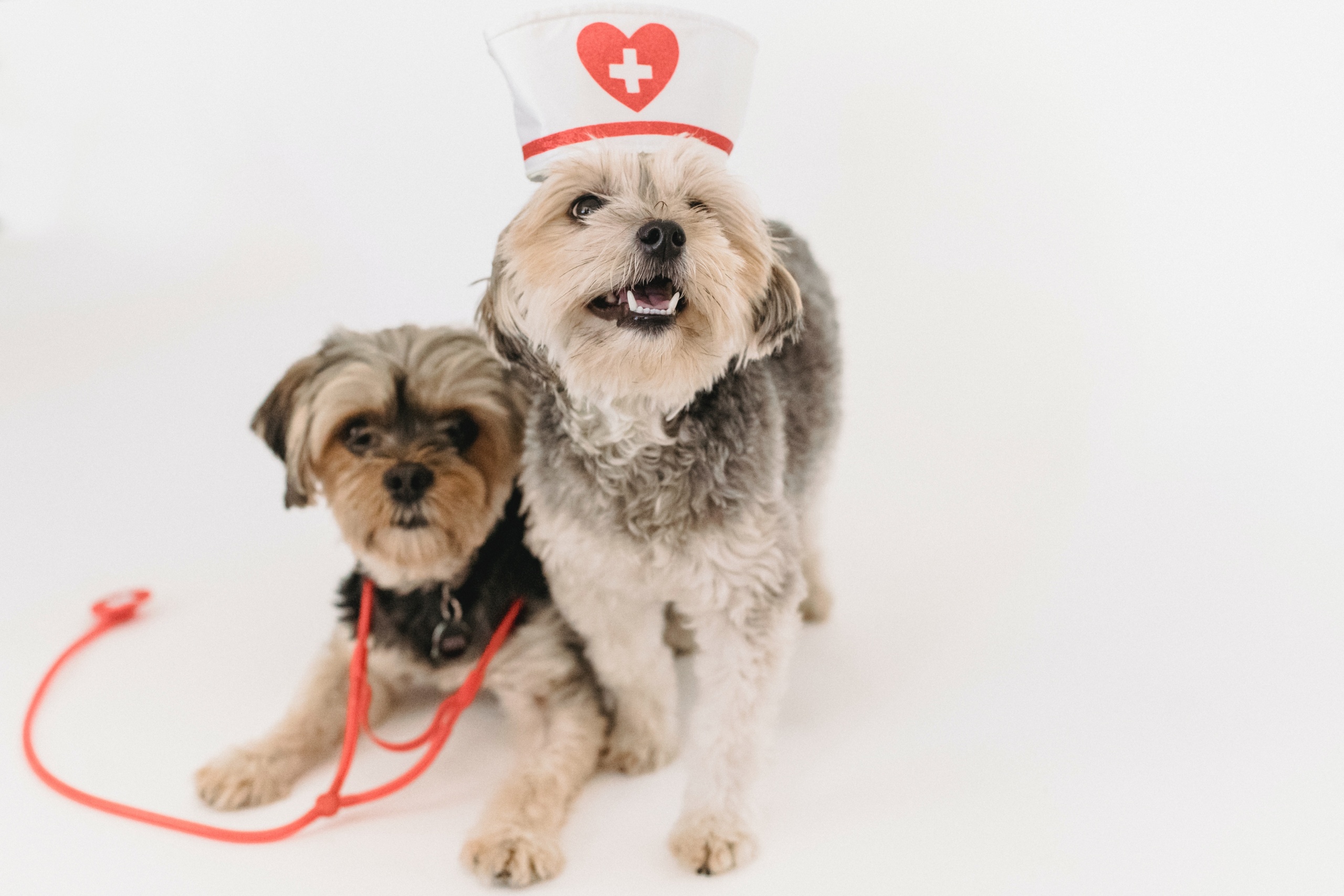
Is pet insurance right for you and your dog?
Is pet insurance worth it for your dog? If you’re thinking of getting a new dog, you might be considering whether to buy a policy before bringing them home. What factors should you consider in help make the decision?
This is one of those times that an ounce of prevention can save a lot of trouble later on. One benefit that makes life easier is that you don’t have to worry about how much veterinary care will cost. Getting pet insurance for dogs helps alleviate some stress during what may already be an emotional time.
If not, then maybe it’s time to reconsider having pets if money is too tight to cover the medical bills when there are problems. While this isn’t fair toward your animal, it’s often reality for many, and the main factor to consider when deciding whether or not to buy insurance.
Some veterinarians will recommend that you purchase coverage for your dog because they won’t be able to work out payment plans with you. Others may refuse treatment based on their contract with the insurer. It’s common for veterinary practices to require pet insurance before they’ll provide services, so if you’d like them to provide treatment without it, ask about their policies and also inquire about what the cost would be in advance of diagnosing your dog.
Even if surgery is required, some insurers will still pay a percentage of the total costs rather than none at all, as long as they approve any procedures first. Although this might seem better than nothing, it typically isn’t beneficial.
If treatment is needed, you’ll end up spending more money on the deductible and valid charges without help from insurance. If you’re not able to pay upfront or are unable to make payments, it may be better not to treat your dog until you have the necessary funds.
Other factors that might make pet insurance for dogs less beneficial include age, breed and prior conditions.
Puppies aren’t yet fully grown, so they don’t require as much medical care as adult dogs do. As they mature into senior status, costs can escalate quickly since their bodies are aging too.
For example, if your puppy just needs a few booster shots before coming home but then contracts an illness that requires expensive treatment in life under different circumstances with the same insurer, future costs will be higher because of the initial exemption.
Certain breeds are predisposed to problems such as hip dysplasia and common kinds of cancer. If you know your dog is more likely than others to get sick, this warrants higher insurance rates and possible denial of coverage altogether.
If your dog suffers from a condition that can’t be cured or managed with treatment, their future care might not be covered either unless it’s considered pre-existing by the insurer. Before buying a policy for dogs, ask about exclusions so there aren’t any surprises later on.
Once you’ve decided that pet insurance is right for you and your new canine companion, there are many options available in choosing an insurer and plan that’s best for your pet.
It’s important to research companies thoroughly before signing up so you can choose one that is financially sound, has a good reputation and provides the coverage you need. By looking at their financial stability ratings, there are many resources available online to help determine whether or not they’re able to pay any claim fees if necessary.
Shopping around by getting quotes from multiple insurers will show you which premiums are more reasonable for your dog. You should also take into consideration other factors such as deductibles, copay amounts and limitations on coverage to be sure that their needs will be met appropriately.
For instance, some companies don’t cover pre-existing conditions within certain periods of time after enrollment, while others may only pay only a percentage of medical costs even if they approve procedures.
It’s up to you to decide whether or not pet insurance for dogs is right for your budget and lifestyle, but taking the time to research different providers will help inform your decision so that your animal doesn’t have to suffer later because of it.





